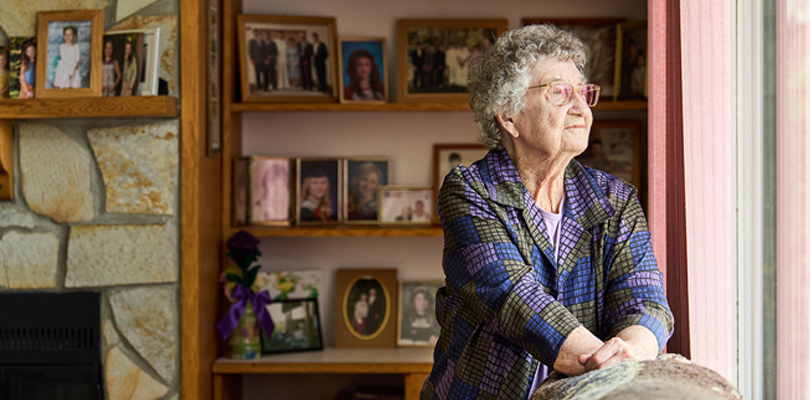As California’s older-adult population grows, so does the need for all Californians to recognize, prevent, and report elder abuse.
What Is Elder Abuse?
According to the California Department of Aging (CDA), more than 200,000 older and dependent adult abuse cases are reported every year. While those numbers are on the rise, the department notes the abuse of older adults is still significantly underreported.
The California Department of Social Services (CDSS) states that abuse can take the form of:
- Physical abuse — Hitting, kicking, burning, dragging, over- or under-medicating
- Sexual abuse — Unwanted sexual contact or sexual exploitation
- Abandonment — Desertion or willful forsaking by anyone having responsibility for care
- Isolation — Preventing the individual from receiving mail, telephone calls, visitors
- Financial abuse — Theft, misuse of funds or property, extortion, duress, fraud
- Neglect — Failure to provide food, clothing, shelter, or health care for an individual under one’s care when the means to do so are available
- Self-neglect — Failure to provide food, clothing, shelter, or health care for oneself
- Mental suffering — Verbal assaults, threats, causing fear
- Abduction — Removal from this state and restraint from returning to this state of any older or dependent adult
Elder abuse can be any or all of these things. But, most of all, it’s a crime.
What Are the Signs?
Here are key warning signs of elder abuse from CDSS:
- The older adult’s explanation for an injury is inconsistent with its possible cause.
- There are recent changes in the older or dependent adult’s thinking (seeming confused or disoriented).
- The caregiver is angry, indifferent, or aggressive toward the older or dependent adult.
- Personal belongings, papers, or credit cards are missing.
- The older adult appears hesitant to talk openly.
- There’s a lack of necessities, such as food, water, utilities, medications, and medical care.
- The caregiver has a history of substance abuse, mental illness, criminal behavior, or family violence.
- Another person’s name is added to the older adult’s bank account or important documents, or frequent checks are made out to cash.
What Can I Do?
- For all CalPERS members — If you notice any suspicious activity related to your CalPERS benefits or are concerned you are experiencing financial abuse related to your CalPERS account, call us immediately at 888 CalPERS (or 888-225-7377). In addition, make sure you have a CalPERS Special Power of Attorney on file to ensure your wishes are followed in case you are ever incapacitated.
- For CalPERS Health Program participants as well as all Californians receiving health care services — Your health care providers are always there to help you and can assist with advice and services. In addition, all California licensed health care providers as well as many other health-related professionals are required by law to report abuse.
- If you or a loved one is at home, in a hospital, or at risk of or experiencing homelessness — Call DSS’ Adult Protective Services 24-hour hotline at (833) 401-0832; enter your ZIP code when prompted to be connected to your county office.
- If you or a loved one is in a long-term care facility — Contact CDA’s Long-Term Care Ombudsman CRISIS line, available around the clock: (800) 231-4024.
- If you or a loved one is outside California — The U.S. Administration on Aging’s Eldercare Locator offers an array of services for older adults, including elder abuse reporting and resources. Call (800) 677-1116 Monday through Friday 9 a.m. to 8 p.m. Eastern time.
Remember: If you or your loved one is in immediate danger, call 911.

